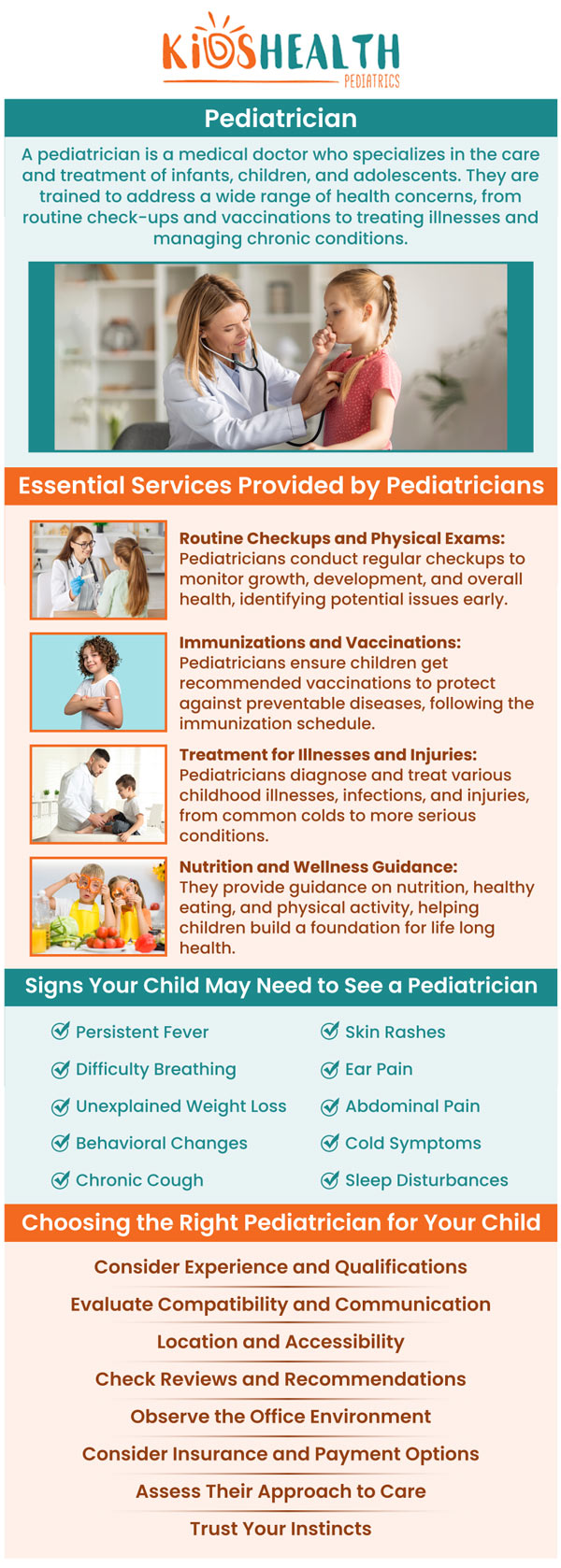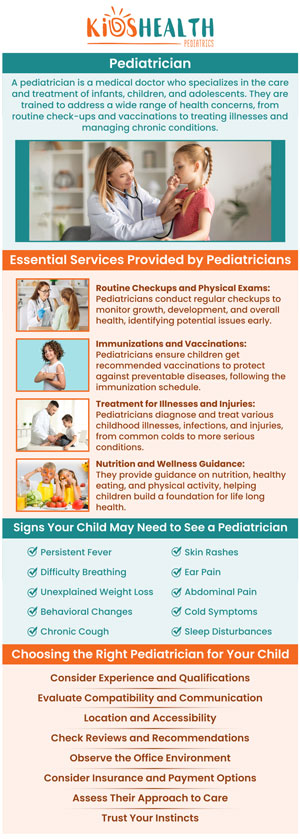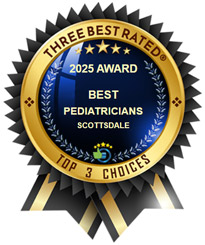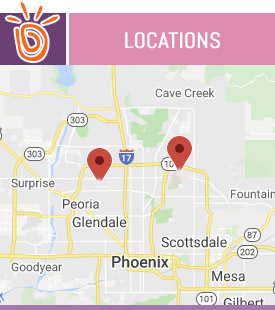How Often Should You See a Pediatrician for Your Children?
Routine pediatric checkups for toddlers are an essential part of ensuring the overall health and well-being of young children. These checkups are designed to monitor and assess a child’s physical, cognitive, and social development, identify any health concerns or developmental delays, and provide guidance and support to parents. Reach out to talk to one of our friendly and experienced pediatrician, Dr. Maria Nabong today or book an appointment online. We Have 2 Pediatric Clinics in Scottsdale, AZ & Glendale, AZ.




Table of Contents:
How often do kids need to see the doctor?
How often should you take your toddler to the pediatrician?
How often do babies go to a pediatrician after birth?
When should you find a pediatrician when pregnant?
Your baby should see the doctor regularly at 2, 4, 6, 9, 12, and 18 months, at age 2, and then annually until age 5. If your child is 5 years old, they should see a doctor every 1 to 2 years until they are 18 years old. Infant/child visits usually last 10 to 20 minutes.
The primary purpose of routine pediatric checkups for toddlers is to monitor and assess a child’s physical, cognitive, and social development. During these checkups, healthcare providers will measure the child’s height, weight, and head circumference to ensure they are growing at a healthy rate. They will also assess the child’s motor skills, language development, and social interaction to identify any developmental delays or concerns. Additionally, routine checkups provide an opportunity for healthcare providers to provide guidance and support to parents in promoting the child’s overall well-being. For example, healthcare providers may discuss the importance of a healthy diet, physical activity, and sleep habits for young children. They may also provide guidance on age-appropriate activities and toys that can promote development and learning. By addressing any concerns or questions parents may have, routine checkups can help parents feel more confident in their ability to care for their child.
During a routine pediatric checkup for toddlers, healthcare providers will assess various aspects of the child’s health and development. In addition to measuring height, weight, and head circumference, they will assess motor skills by observing the child’s movements and coordination. Language development will be assessed by evaluating the child’s ability to communicate and understand language. Social interaction will be assessed by observing the child’s behavior and interactions with others. Furthermore, healthcare providers will screen for hearing and vision problems, as these can impact a child’s development and learning. By identifying and addressing any issues early on, healthcare providers can prevent further complications and ensure the child receives appropriate treatment.
Routine pediatric checkups for toddlers offer numerous benefits, including early detection and intervention of health and developmental issues. By identifying and addressing any concerns early on, healthcare providers can prevent further complications and ensure the child receives appropriate treatment. Additionally, routine checkups can improve communication and trust between parents and healthcare providers, which can lead to better outcomes for the child. Moreover, routine checkups promote healthy habits and preventative measures. Healthcare providers can provide guidance on vaccinations, healthy eating habits, and physical activity, which can promote overall health and well-being. By working with parents to establish healthy habits early on, routine checkups can have a lasting impact on a child’s health and development.
Newborn health is a top priority for parents, and regular visits to a pediatrician are crucial for ensuring that their newborns receive the best care possible.
Pediatrician visits are essential for newborn health as they provide an opportunity to detect and address any health issues early on. Regular check-ups with a pediatrician can help parents identify potential health concerns before they become more serious. Pediatricians can also provide guidance on feeding, sleeping, and overall newborn care, which can be invaluable for new parents. Additionally, pediatrician visits can help parents build a relationship with their child’s healthcare provider, which can lead to better communication and more effective care.
The American Academy of Pediatrics recommends a visit within the first week of life, followed by check-ups at 1 month, 2 months, 4 months, 6 months, 9 months, 12 months, 15 months, and 18 months. These visits are designed to monitor the newborn’s growth and development, as well as to provide vaccinations and screenings for potential health issues. However, additional visits may be necessary depending on the newborn’s health status or risk factors, such as premature birth or a family history of certain illnesses.
Despite the importance of pediatrician visits for newborn health, some parents face challenges in accessing this care. Cost and lack of insurance coverage can be major barriers for some families, particularly those with lower incomes. Additionally, the limited availability of pediatricians in certain areas can make it difficult for parents to find a provider who can see their newborn in a timely manner. Language and cultural barriers can also be a challenge for non-native English-speaking families, who may struggle to communicate with their child’s healthcare provider.
It is best to start seeing a doctor about three months before the baby is born. Seek advice from relatives, friends, neighbors, colleagues, and doctors you know. Then check your insurance company’s website to see if the doctor is covered by your plan. If you have any questions or would like more information about our services, contact us here. Or, if you’re ready to see one of our specialists book an appointment online. We Have 2 Pediatric Clinics in Scottsdale, AZ & Glendale, AZ. We serve patients from Glendale AZ, Peoria AZ, Sun City AZ, Scottsdale AZ, North Scottsdale AZ, Grayhawk AZ, and surrounding areas of Phoenix AZ.

Additional Services You May Need

Additional Services You May Need









